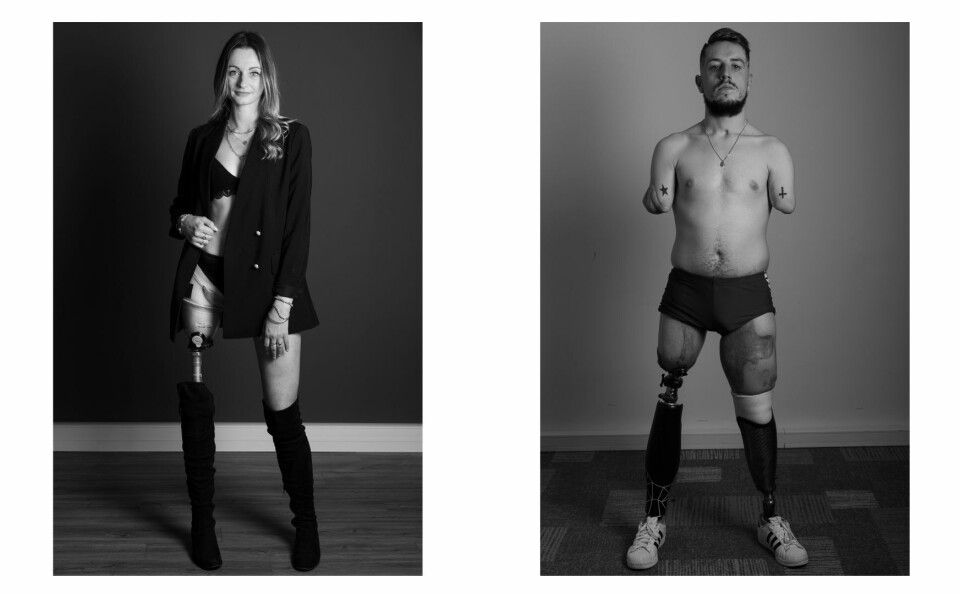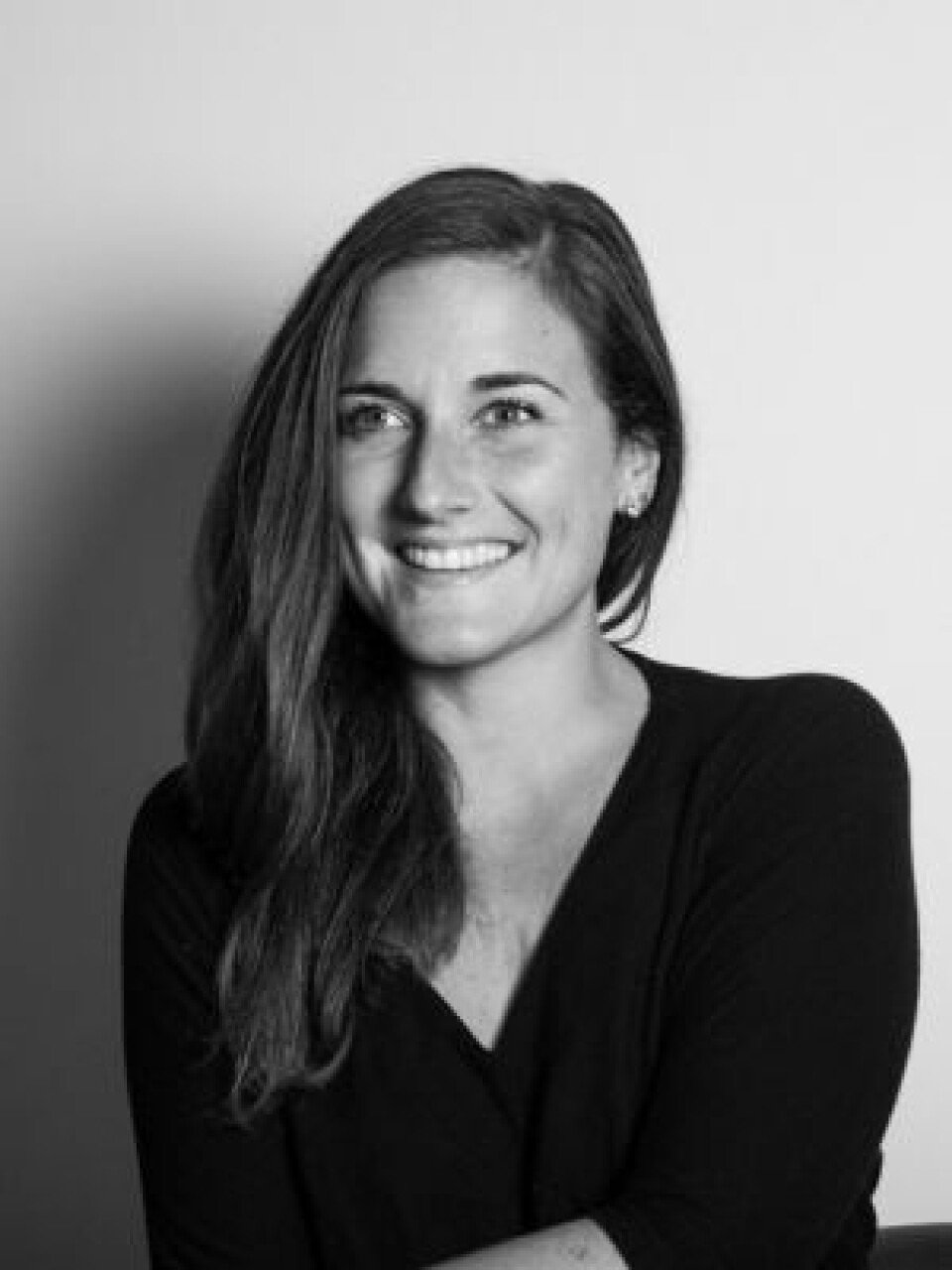-
Ballet lessons bring health benefits to over-55s in France
Online classes with the Silver Swans are transforming lives of older adults
-
Profile: Dorothée - France's beloved TV icon and screen mum
Profile of the singer, actress and TV presenter who captivated millions of schoolchildren
-
Photos: Paris exhibition explores what people do alone at home
Behind the curtain: L’Intime Expo takes a fascinating look at people's private lives
Models with disabilities are focus of photographer’s new French show
Juggling a logistics job and a family has not stopped a UK-born photographer creating her latest exhibition celebrating disability

A photographer who moved to France from the UK when she was 12 has credited a school friend with inspiring her latest exhibition that focuses on disabled people.
Francesca Clayton’s work is on display across 18 towns in France and Belgium as part of a touring exhibition.
The 34-year-old said the idea was shaped by a childhood friend with cerebral palsy, who walked with an unconventional gait.
“Especially when we were young teenagers, when you are very self-conscious, I would notice people looking at us because of her walk, and it made me angry,” she said.
“She used to tell me that it’s okay for people to look, and it’s okay for people to ask questions, but that it was also okay for me to be angry because she was my friend.”

Photo: Francesca Clayton’s work is on display across 18 towns in France and Belgium as part of a touring exhibition; Credit: Francesca Clayton
‘Photographs boosted their self-confidence and mine’
Ms Clayton started taking photographs as a teenager as a response to moving from Bristol to Pyrénées-Atlantiques. She progressed from landscapes and nature photography to studio work, converting an outhouse next to their home for the purpose.
She studied economics and commerce, and currently juggles photography with a job in export logistics for chemical company Arkema in Dax (Landes).
A 2015 exhibition entitled Different is Beautiful featured 10 women with body image issues, whom she photographed in an art magazine/cover photo style.
“I was not too sure before, but they said afterwards how much they had enjoyed it and how seeing the photographs boosted their self-confidence.
“It was something that also boosted my confidence and led me to work with disabled people, although it was some time before I could do it.”
Read more: Career change in France: from window displays to powerful photography
Logistics skills helped with organisation
The groundwork for her current exhibition, Different is Beautiful 2.0, began on Instagram, where Ms Clayton asked for volunteer models.
She said she was inundated with responses from all over France and Belgium.
“It was then that my logistics job really came into play. I decided to limit numbers to a manageable 100, and to organise photography sessions in larger towns accessible to models at weekends, when I was not looking after my two girls.
“I would book hotel and conference rooms for the photos, taking my lights and background sheets if necessary.”
Funding came from savings, a crowdsource campaign, and from firms, including her employer Arkema and Airbus in Toulouse.
‘I want to change people’s perceptions of disabled people’
Again, the response from the models has been very positive, she said. “Many say that not only does it make them feel better about themselves, but that they also hope it will raise awareness of their conditions too.”
Her work has already been shown in Arkema’s Paris headquarters. Future dates include outdoor shows in Bordeaux and Marseille.
“By having them on show outside, I hope to reach more people,” Ms Clayton said. “I want to change people’s perceptions of disabled people.”
See differentisbeautiful.fr for details.
Related articles
Jane Birkin’s brother publishes family album of France’s iconic couple
My photos of 'Swinging Sixties' spark memories in French care homes
‘French society is built around the economy not the right to dignity’
























